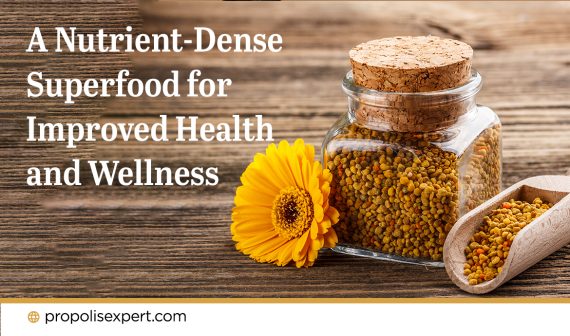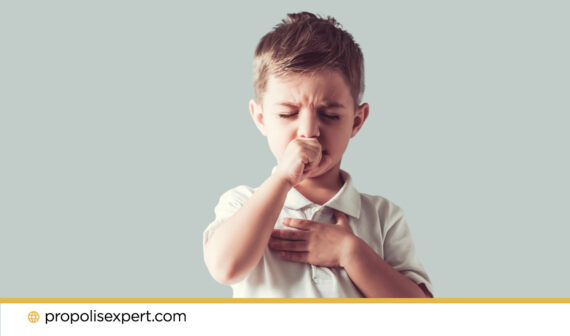Discovering the Nutritional Value and Health Benefits of Pollen
Bee pollen, a treasure collected by diligent worker bees during their honey-making endeavors, holds a special place in the world of nutrition. As these worker bees buzz from flower to flower, they collect pollen on their bodies, thereby promoting the pollination of plants. Simultaneously, they collect a nutrient-rich resource that nourishes both their hive and potentially, us. In one foraging trip, a single bee can gather an astonishing 15-45 mg of pollen, a significant fraction of their body weight. The yearly pollen output of a colony can fluctuate, contingent on factors such as colony size and environmental conditions, including climate and local flora. Stored within the hive, this precious pollen is meticulously preserved with a touch of honey or liquid to ensure its vitality.
Understanding the Protein, Vitamin, and Mineral Content of Pollen
The nutritional composition of bee pollen varies, influenced by the geographic region in which it is gathered. As such, while there is no precise benchmark for the nutritional content of the pollen, it typically contains approximately 4-15% water, 7.5-40% protein, 1.3-7% lipids, and 1-3.5% vitamins and minerals. Beyond its nutritional value, bee pollen is celebrated for its remarkable biological activity, making it a prized addition to any diet.
How to Incorporate Pollen into Your Daily Diet for Optimal Health
Incorporating bee pollen into your daily nutrition regimen is both straightforward and delectable. Children are recommended to consume 1-2 teaspoons of bee pollen per day, while adults can savor 2-4 teaspoons daily. Bee pollen can be enjoyed by nibbling it directly or blending it harmoniously with milk, water, fruit juice, yogurt, honey, or other culinary delights according to your personal preference. For added convenience, bee pollen is also available in tablet form, often paired with the incredible benefits of propolis and royal jelly.
Bee Pollen Benefits for Male Urinary Health
A double-blind, placebo-controlled clinical trial in Japan in 2008 evaluated the effects of pollen supplements collected by honeybees on benign prostatic hyperplasia for 12 weeks in 47 male patients aged 40-83. Participants were randomly divided into three groups. 1st group received a low dose of 160 mg/day of bee pollen. 2nd group received a high dose 320 mg/day of bee pollen. The 3rd group did not take any bee pollen. This scientific study revealed that the maximum urine flow rate increased significantly in the group that received high amounts of bee pollen. Still, there was no change in the other groups. However, residual urine volume, a parameter associated with a dysfunction in bladder voiding function, was significantly reduced in the high pollen group compared to the other groups. As a result, the current clinical trial stated that a high amount of bee pollen supplementation relieved the effects of benign prostatic hyperplasia without any side effects. In addition to medical treatment, Anatolian bee pollen supplementation may contribute to reducing and recovering prostate-related symptoms.
Benefits of Bee Pollen for Women for a Healthy Diet
A scientific study at Nanchang University in 2020 investigated the effect of pollen supplementation on rats with dysbiosis (intestinal microbiota balance is impaired) under antibiotic treatment. During three weeks, intestinal barrier functions, permeability, and inflammatory responses were followed upon pollen supplementation at different doses in 60 rats divided into six groups;
-1st group – control group consisting of rats with dysbiosis
-2nd &3rd group – rats with dysbiosis receiving antibiotic treatment
-4th group – 100 mg/kg pollen support
-5th group – 200 mg/kg pollen support
-6th group – 300 mg/kg of pollen support
Researchers reported that pollen is a natural functional food that can improve intestine barrier integrity by regulating gut microbiota. The study showed that the deterioration in intestinal functions due to antibiotic use improved with increased pollen consumption.
Bee pollen benefits extend far beyond its nutritional profile, encompassing a spectrum of wellness advantages that can enhance your vitality and overall health. With its nutrient-rich composition, bee pollen is a natural powerhouse that can elevate your daily dietary experience.
References:
- Murakami, M.; Tsukada, O.; Okihara, K.; Hashimoto, K.; Yamada, H.; Yamaguchi, H. Beneficial effect of honeybee-collected pollen lump extract on benign prostatic hyperplasia (BPH)-A double-blind, placebo-controlled clinical trial-. Food Sci. Technol. Res. 2008, 14, 306–310.
- Reference: Zhu, Liuying, et al. “A polysaccharide from Fagopyrum esculentum Moench bee pollen alleviates microbiota dysbiosis to improve intestinal barrier function in antibiotic-treated mice.” Food & Function 11.12 (2020): 10519-10533.






